Volvo Cars achieved a revenue record in 2022 despite a drop in its global new car sales volume.
It achieved a full-year operating profit of 22.3bn Krona (£1.78bn)) from revenues of £330.1bn krona (£26.27bn) while facing headwinds of supply constraints, lockdowns in China and higher material and logistics costs, revealed its president and chief executive Jim Rowan.
Its ramp up of electric car deliveries continued to make ground as it nears its 2025 objective of selling one in two new Volvos with a pure electric powertrain.
Volvo Cars achieved a revenue record in 2022 despite a drop in its global new car sales volume.
It achieved a full-year operating profit of 22.3bn Krona (£1.78bn)) from revenues of £330.1bn krona (£26.27bn) while facing headwinds of supply constraints, lockdowns in China and higher material and logistics costs, revealed its president and chief executive Jim Rowan.
Its ramp up of electric car deliveries continued to make ground as it nears its 2025 objective of selling one in two new Volvos with a pure electric powertrain.
The BEV (battery electric vehicle) share of its total sales reached 11% in 2022, up from 4% the prior year. In Q4 2022 alone BEV sales reached 18% of the mix.
“We managed through the heavy turbulence of the year and made significant progress on our strategic ambitions in 2022, as we accelerated towards our aim to become a fully electric car company by the end of the decade and climate neutral by 2040,” said Rowan.
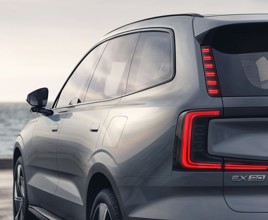 Volvo said a richer mix of high specification cars helped its profit margins.
Volvo said a richer mix of high specification cars helped its profit margins.
In 2023 it will launch an electric small SUV - its lowest priced electric car - and deliveries will begin of its flagship EX90 seven-seat electric SUV, which is its most expensive model.
Rowan talked briefly to AM about Volvo's plan for a fully direct-to-consumer business model for new car sales in the UK, with its retailers signed up to agency contracts, which he said will be achieved by the end of 2023.
Asked by AM about how he will determine that a success, Rowan said: "How we measure that will really be through our engagement with customers. This is really the point we are trying to change.
"It seems strange to me, coming from the consumer electronics and technology industry, that you can sell a product which is $40,000, $50,000 or $60,000 of value to a customer that you never speak to, not pre-sale or post-sale.
"For me that's a flawed business model, especially in today's world when you've so much connectivity at your fingertips.
"So we need to be part of that conversation. Now whether the customer researches online and buys online, or researches online and buys at a dealership, or whether they go straight to a dealership because they want to test-drive, actually I don't really care.
"What I care about is that in every single touchpoint within that we're still connected with that customer. So if you go to a dealership you're still buying from Volvo.com and we're still part of that conversation, and then that gives us access to that customer, that customer's data, and it gives us a much better chance of continually engaging with that customer to find out what they like and don't like about the product and, hopefully, keeping them as a lifelong customer."
He said the UK is "the front-runner" in the transformation of Volvo's distribution model.
"We're going to learn so much from the UK." Volvo will go deep into what works and what doesn't work to understand how it will change its agency model for the next market, he said.
Login to continue reading
Or register with AM-online to keep up to date with the latest UK automotive retail industry news and insight.

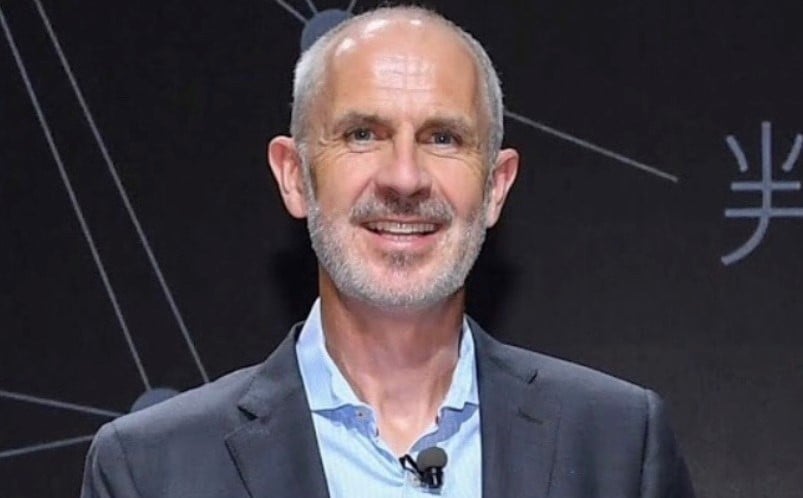
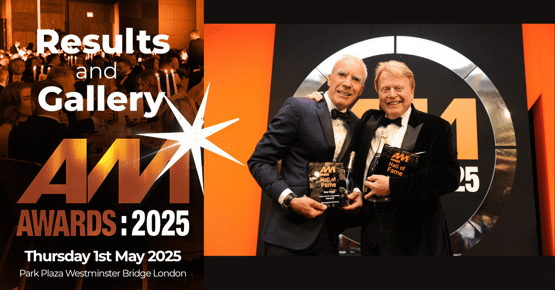




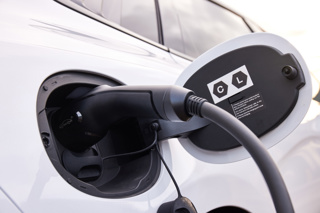
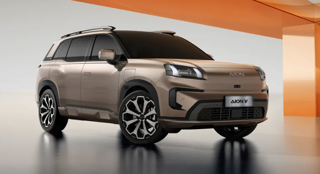
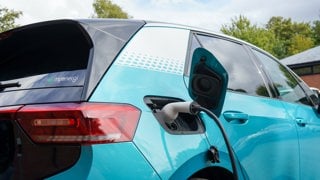
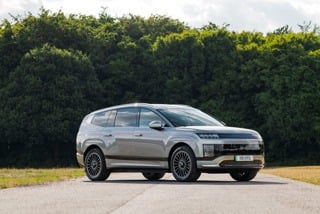












Login to comment
Comments
No comments have been made yet.